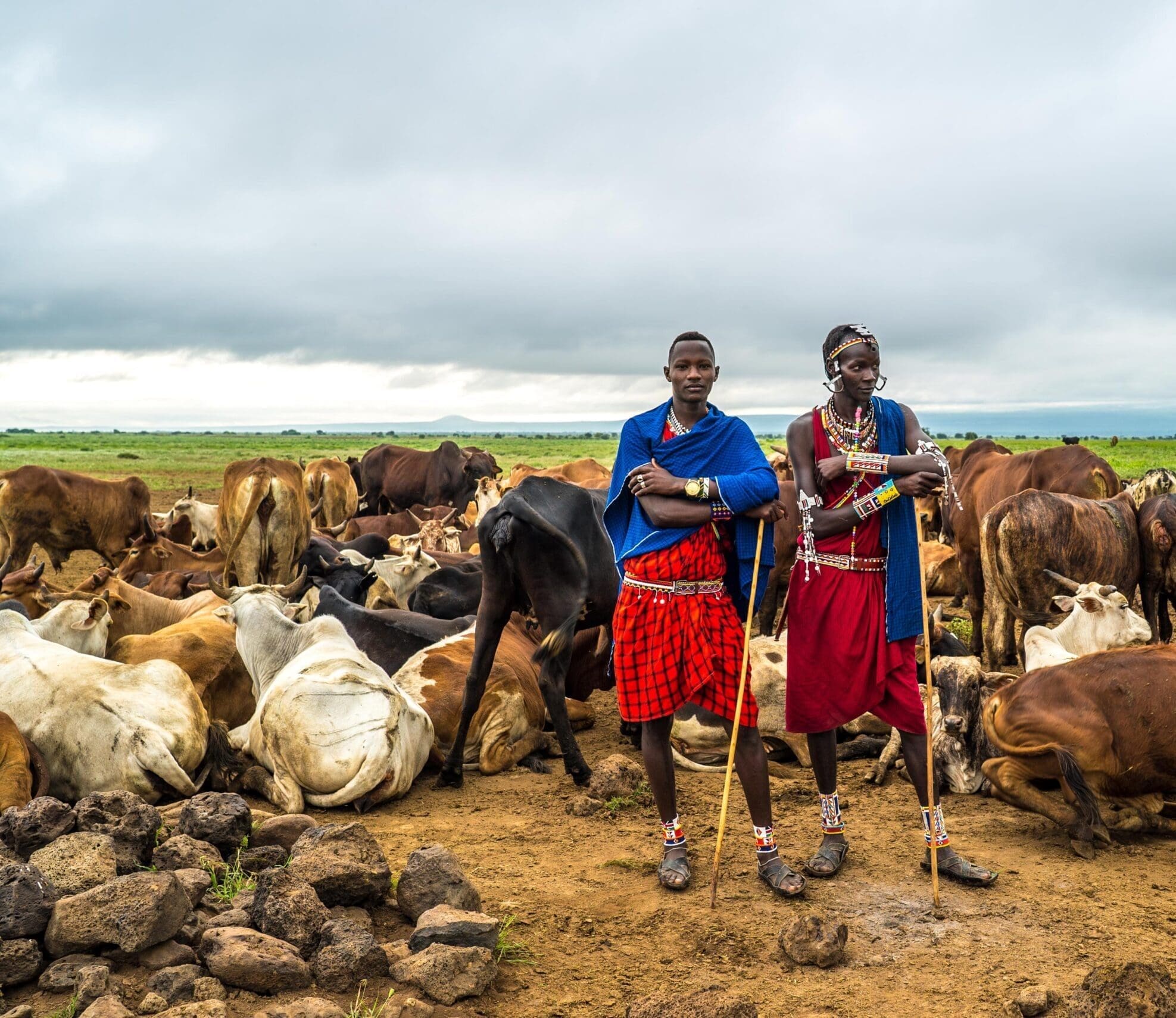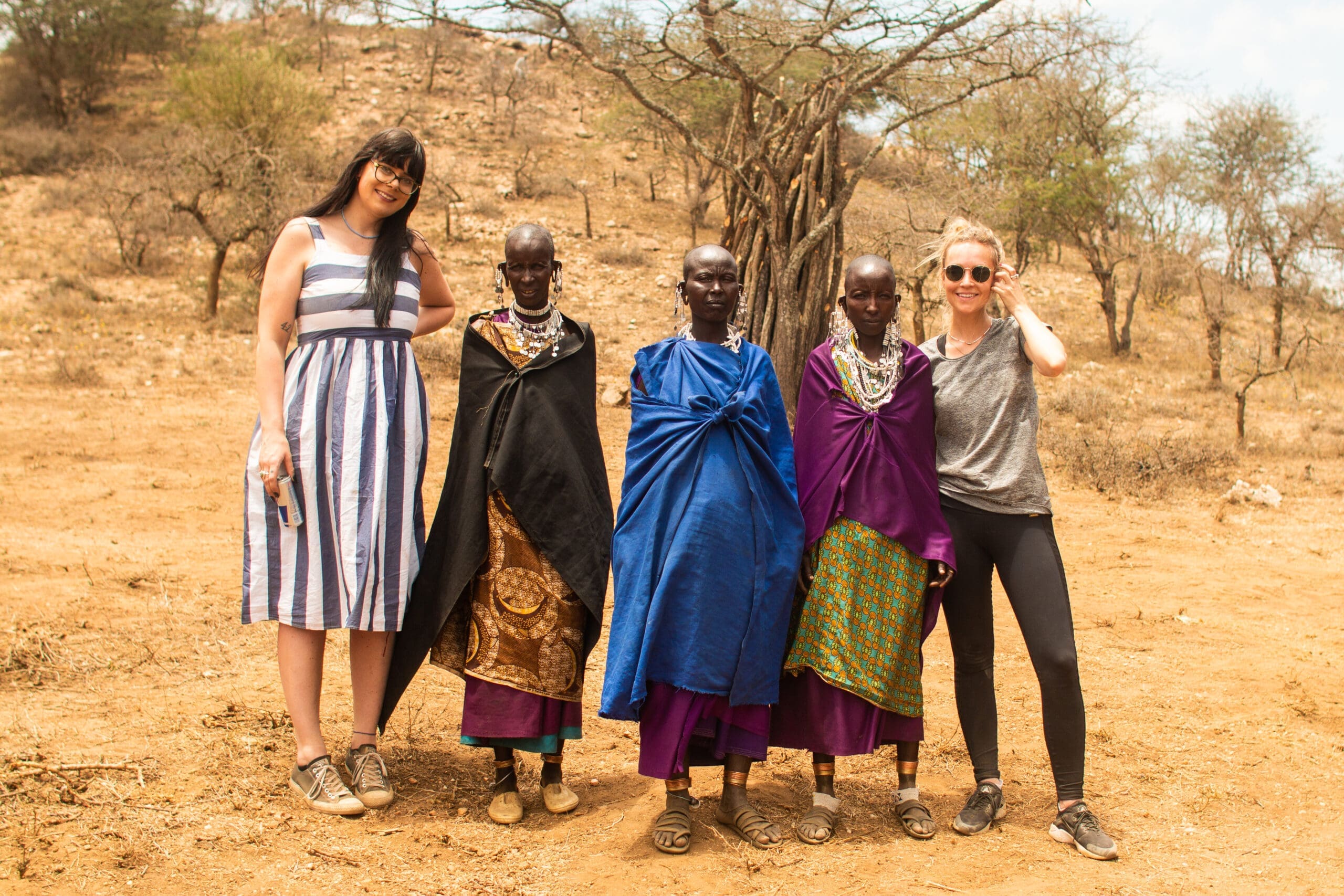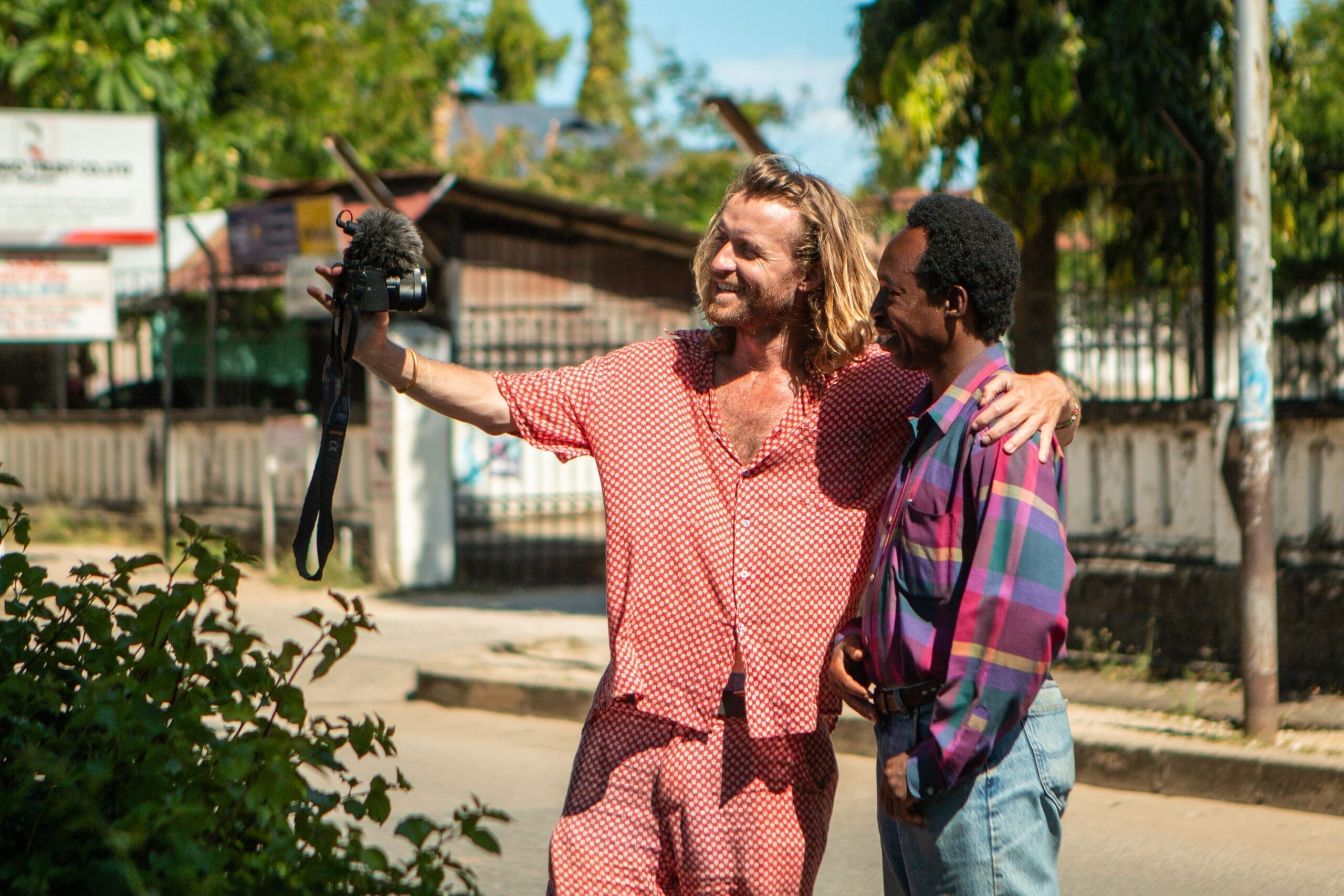You might not immediately think of it, but Kenya is more than suitable for a family trip. Of course, kids have a great time camping in Zeeland or at Lake Garda, where they’re entertained by the animation team while you sip your wine. But with a trip to Kenya, it’s not just about having fun for both of you—it also offers a chance to broaden the perspectives of both young and old.
At what age can I take my child to Kenya?
Practically speaking, it may be easier to take your child to Kenya once they are potty-trained, or if they only take one nap a day, or perhaps don’t nap during the day at all. This makes it easier to manage. But how many parents haven’t grabbed the car when their child refused to sleep or was crying uncontrollably? The bumpy roads of Kenya are actually very sleep-inducing, which is perfect for longer distances! Many people say that it’s better to wait until your child reaches school age so they can enjoy and appreciate the animals and surroundings more.
The Kenyan government is quite welcoming to families. For example, children under 16 don’t need a visa, and entrance fees to national parks are half-priced for kids. Children under 3 years old even get in for free!
“Every chef is more than happy to puree a fresh mango for your child or cook some salt-free broccoli specifically for your baby.”
What about the bumpy rides in the car then?
If you really want to explore Kenya, you’ll need to hit the road! And yes, sometimes that means covering long distances, including bumpy and dusty roads. But don’t worry, even the most basic cars come with air conditioning to keep you cool. If you’re smart, keep a cloth handy to hang by the window to shield against the burning sun, or to wrap your little one in case of a dusty situation. If you’re traveling with a child under 1.35 meters, a car seat is definitely a must-have. But no need to lug it through the airport, you can rent one from us, or you can also check out Babymama for rental options.
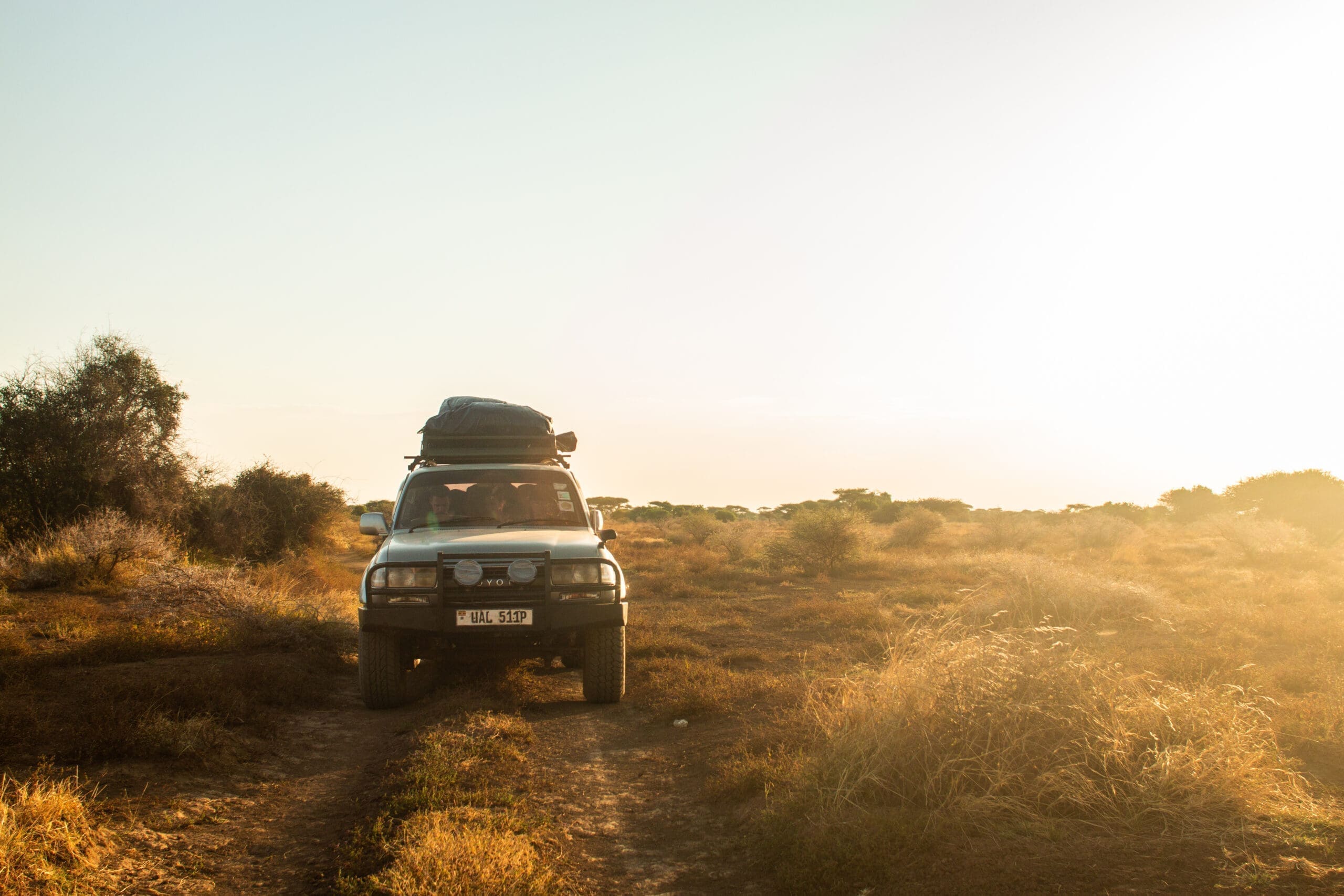
Will your child like the local food?
A mandazi is a type of less greasy doughnut, but square or triangular in shape. I’ve never met a child who didn’t like it! As for typical Kenyan food, it’s not exactly the kind of thing you’d put on a postcard back home. Maybe your child would enjoy ugali and sukuma wiki (collard greens), but generally, I think it’s something you need to grow up with. Chapatis are quite popular here due to Indian influences, and sometimes they’re made with carrots in them, which is great for sneaky hidden veggies! But overall, food in Kenya is quite international and not spicy: there’s something for everyone. You can also easily share your preferences with the chef; they’re more than happy to puree a fresh mango for you or cook a piece of broccoli without added salt for your baby. Hakuna shida (no problem)!
But what should I absolutely pack in my suitcase?
If your child only eats sprinkles or chocolate spread on bread, it’s a good idea to bring these treats along on your vacation. Although Carrefour stores are becoming more common, you don’t want to spend your entire holiday searching for that one snack your child can’t do without. So pack it and keep it handy! Formula and baby food are available here, but keep in mind that this might add to your holiday expenses. A jar of vegetables is useful to have as a backup, but don’t forget that every chef is happy to prepare something special for your little one.
What’s definitely handy to have with you are paracetamol suppositories or chewable tablets and a nasal spray. That way, you’ll always be prepared for any discomfort during your trip.
How is my sleep?
With the salty sea air in your nose, the great outdoors, and the bumpy roads in the car, your kids will fall asleep like a rock. But of course, you don’t want to be sitting with a drink on a tiny balcony because you have nowhere else to go! The clever ones choose not to stay in a hotel, but instead opt for a private house. This way, you have all the freedom, the kids can sleep peacefully during the day when needed, and you can enjoy the evening under the starry sky while the little ones are sound asleep in their own bedroom.
For the littlest ones still sleeping in a crib at home, many accommodations provide a special bed. And there are mosquito nets everywhere. It may take your child a little time to get used to it, but better that than them suddenly standing next to you in the middle of the night, making you go on a mosquito hunt!
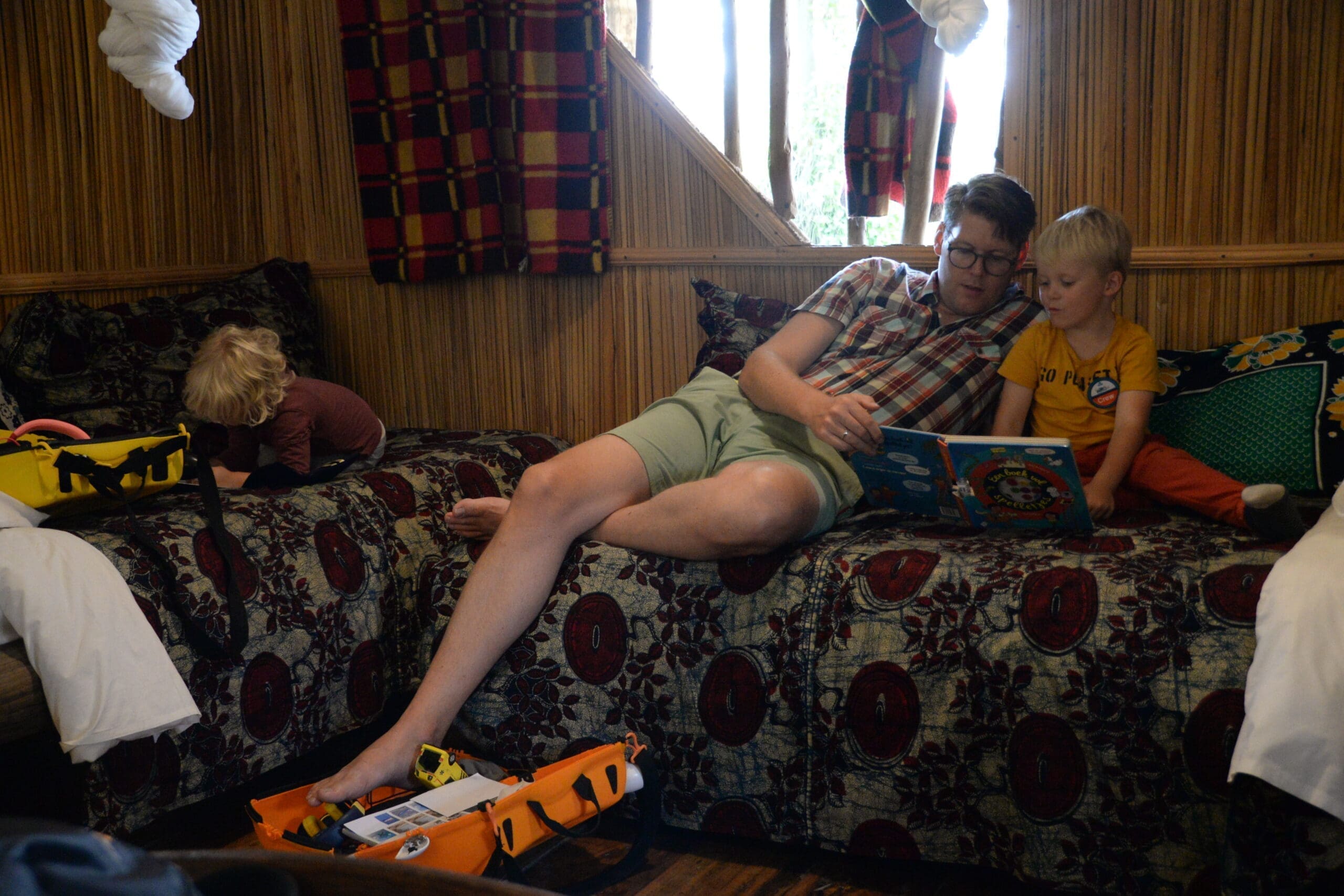
Speaking of mosquitoes, what about malaria and other diseases?
Yes, malaria is still a concern, and of course, you’ll want to protect your child from it. But Kenya is so large, and not everywhere is a malaria zone. You can easily have a fantastic 3-week vacation without stepping into a malaria area. If you prefer the coast, though, your children will need to take prophylaxis. Keep windows closed from around 3 PM, dress in covering clothing when the sun sets, apply DEET, and always sleep under a mosquito net to reduce the risk of a bite from an infected mosquito.
You also need to be cautious with food and drink. Make sure your children only drink bottled water with an intact seal. If the seal is broken or you’re unsure of the water source, it’s best to avoid it. Remember that ice cubes are made from water too, so it’s better to skip them! And a golden tip from Ayan: “Look for restaurants and food spots that are busy, and you’ll almost be sure the food is safe and good.
Are there any reasons why I shouldn’t travel to Kenya with my children?
Nope! Kenya may not seem immediately kids-friendly at first glance, but that’s far from the truth. Nearly every restaurant has a high chair and some play equipment. Some large shopping malls even have a whole floor dedicated to a play paradise. There are plenty of food courts where you can order food (from all directions), and most accommodations have a swimming pool.
What makes Kenya so child-friendly, though, is the people. “Mtoto, mtoto! Sasa?” you’ll constantly hear, so better learn what it means: “Child, child! How are you?”. Everywhere you go, it won’t be you, but your child who will be addressed and receive all the attention. Kenyans absolutely love children. No kidding, it’s more common for a waitress in a restaurant to pick up your child and sit down at another table with them to draw, than for anyone to ignore your child.
About this blog series: Kenya with your children
This blog is part of a series about how amazing it can be to travel with your children in Kenya. Kenya has something for everyone. Want to be active? There are plenty of exciting hikes, mountain biking routes, and water sports opportunities.
Want to relax? Pristine white beaches and azure waters await you on the coast, while the incredibly helpful and child-friendly Kenyans take care of your little ones. Looking for adventure? Camp amidst the wild animals or experience the life of the true Masai during a tribal trek. Want to avoid malaria zones? No problem, there are plenty of options to fill three weeks with unforgettable experiences! Yes, you’ll need to be a little flexible, but hey, you need to do that on every vacation, right? In return, you’ll get an unforgettable, once-in-a-lifetime experience!
